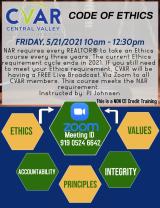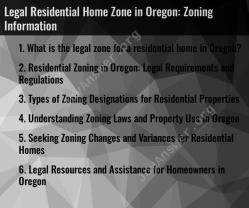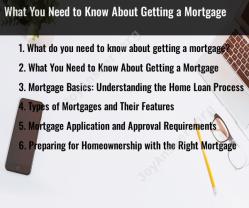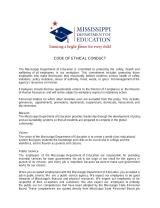What happens when you stop making mortgage payments?
If you stop making mortgage payments, it can have serious consequences that can negatively impact your finances and housing situation. Here are some of the key repercussions of failing to make mortgage payments:
Late Payment Fees: Initially, you may be charged late payment fees by your mortgage servicer for each missed payment. These fees can add to the overall amount you owe.
Negative Credit Reporting: Missing mortgage payments will lead to negative entries on your credit report. These can significantly lower your credit score, making it harder to obtain credit in the future.
Loan Default: Continued non-payment can lead to the loan being declared in default. The exact timeline for this varies by lender and the terms of your mortgage, but it typically occurs after a few missed payments.
Foreclosure Proceedings: When your loan is in default, your lender may initiate foreclosure proceedings. The specific foreclosure process and timeline vary by state, but it typically involves the lender taking legal action to repossess the property and sell it to recoup the outstanding debt.
Loss of Home: If foreclosure is successful, you will lose your home. You will have to move out, and the property will be sold at auction or through another sales process.
Eviction: After the foreclosure sale, you may face eviction if you have not vacated the property. The new owner (often the bank or a new buyer) can legally evict you.
Deficiency Judgment: Depending on state laws, if the sale of the property does not cover the full amount you owe on the mortgage, the lender may seek a deficiency judgment against you for the remaining balance.
Impact on Credit: Foreclosure has a significant negative impact on your credit history, and the foreclosure entry can remain on your credit report for seven years or more. This can affect your ability to obtain credit, rent housing, or even secure employment.
Tax Consequences: In some cases, you may face tax consequences if the lender forgives part of your debt. The forgiven amount could be considered taxable income, which could result in a tax liability.
It's crucial to avoid these consequences by addressing financial difficulties as soon as they arise. If you're experiencing financial hardship and are unable to make mortgage payments, contact your lender as soon as possible to discuss options such as loan modification, forbearance, or repayment plans. Additionally, seek assistance from housing counselors or legal professionals who can provide guidance on navigating your specific situation and help you explore alternatives to foreclosure.
What happens when you stop making mortgage payments?
When you stop making mortgage payments, you are in default on your loan. This means that you have breached the terms of your mortgage agreement. Your lender will take steps to collect the debt, which may include foreclosure.
How does defaulting on mortgage payments impact your homeownership?
Defaulting on mortgage payments can have a serious impact on your homeownership. If you are foreclosed on, you will lose your home. You may also have to pay a deficiency judgment, which is the difference between the amount you owe on your mortgage and the amount your home sells for at auction.
What are the steps leading to foreclosure when mortgage payments are not made?
The steps leading to foreclosure vary from state to state. However, the general process is as follows:
- Your lender will send you a late notice if you miss a mortgage payment.
- If you continue to miss payments, your lender will send you a default notice.
- If you are still unable to make your payments, your lender will start the foreclosure process.
- The foreclosure process will typically involve a public auction of your home.
- If your home sells for less than the amount you owe on your mortgage, you may be held liable for the deficiency judgment.
Can you explain the legal and financial consequences of not paying your mortgage?
The legal and financial consequences of not paying your mortgage can be severe. In addition to foreclosure, you may also face the following consequences:
- Damage to your credit score
- Difficulty qualifying for a new mortgage in the future
- Increased interest rates on other loans
- Legal fees and court costs
How to explore alternatives and solutions when facing difficulties with mortgage payments?
If you are facing difficulties with mortgage payments, there are a number of alternatives and solutions that you may want to explore. These include:
- Contacting your lender to see if you can modify your loan terms
- Applying for a forbearance or loan modification program
- Selling your home
- Short selling your home
- Renting out your home
It is important to seek professional advice from a housing counselor or attorney to discuss your options and to determine the best course of action for your situation.
If you are facing difficulties with mortgage payments, please do not hesitate to reach out for help. There are a number of resources available to help you avoid foreclosure and keep your home.












